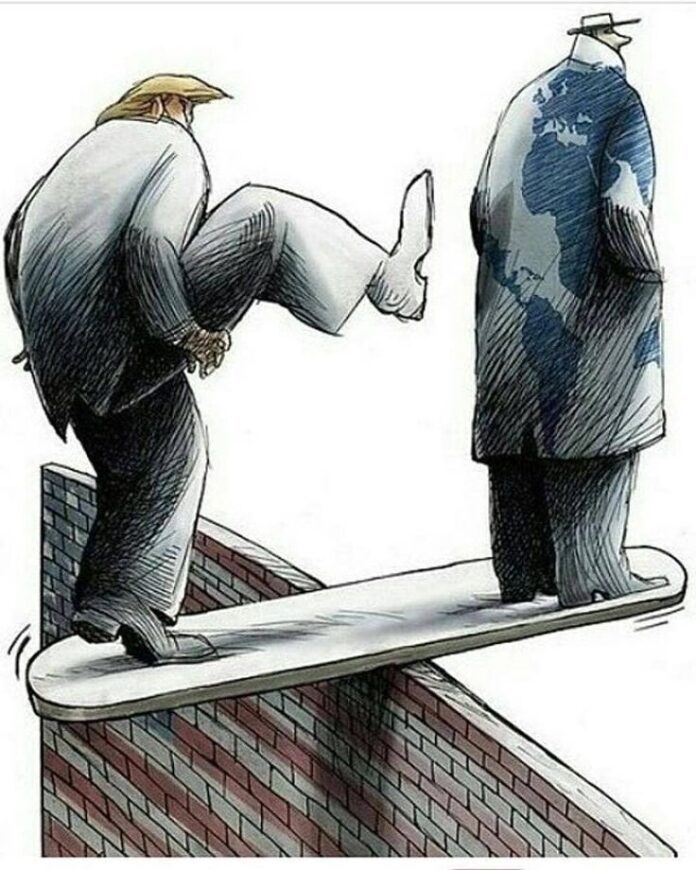Introduction:
In the intricate tapestry of human relationships, the phenomenon of cheating casts a shadow over the delicate threads of trust and integrity. Why individuals engage in deceptive practices in their daily lives is a question that elicits a complex array of answers, revealing the nuanced interplay of psychological, sociological, and environmental factors. At the heart of this issue lies the profound impact of a weakened moral compass, where ethical principles fail to guide individuals away from the allure of dishonesty. Societal pressures and the relentless pursuit of approval contribute to the erosion of ethical boundaries, driving some to compromise their integrity for fear of judgment or rejection.
The pursuit of personal gain, survival, or an escape from internal turmoil further unravels the fabric of honesty, as individuals navigate the intricate landscape of their motivations. Breakdowns in communication and trust within relationships create fertile ground for deception, as people seek validation and connection elsewhere. Additionally, cultural influences shape the lens through which individuals perceive and navigate ethical boundaries, sometimes normalizing dishonest practices.
Exploring the reasons behind cheating unveils a tapestry woven with threads of vulnerability, societal expectations, and the intricate dance between personal and collective values. Understanding this complex web is essential for fostering a society where trust can thrive, and the reasons behind people cheating are met with empathy and solutions rather than judgment.
Lack of Moral Compass:
At the core of deceptive behavior lies the absence or weakness of a moral compass. Ethics and values serve as guiding principles, helping individuals differentiate between right and wrong. When these moral foundations are underdeveloped or absent, individuals may succumb to the temptation of cheating, rationalizing their actions through a distorted lens of morality.
Societal Pressures:
The intricate dance of societal expectations and pressures often pushes individuals towards dishonesty. Conforming to societal norms, succumbing to peer pressure, and striving for social validation can drive people to cheat to meet these expectations. The fear of judgment, rejection, or failure becomes a powerful catalyst, compelling individuals to compromise their integrity for societal approval.
Personal Gain and Survival:
In a world marked by competition and scarcity, the pursuit of personal gain or survival can propel individuals towards dishonest practices. Whether driven by the desire for wealth, power, or basic necessities, some may resort to cutting corners, engaging in fraudulent activities, or deceiving others. The consequential belief that the ends justify the means can lead to a disregard for ethical considerations.
Psychological Factors:
Deep-seated psychological factors contribute significantly to deceptive behavior. Issues such as low self-esteem, a constant need for validation, or unresolved emotional conflicts can lead individuals down the path of cheating. For some, engaging in deceptive acts becomes a coping mechanism, offering a temporary escape from the internal turmoil they face.
Lack of Communication and Trust:
Breakdowns in communication and trust within relationships provide fertile ground for cheating to take root. When individuals feel unheard, undervalued, or unappreciated, they may seek validation and connection elsewhere. Without open communication and trust-building, people may resort to dishonesty in an attempt to meet their emotional needs, however misguided.
Cultural Influences:
Cultural norms and values play a pivotal role in shaping human behavior. In some cultures, certain forms of deception may be more tolerated or even encouraged. The normalization of dishonest practices within a specific cultural context can significantly contribute to a higher incidence of cheating.
Conclusion:
The prevalence of deception in daily life is a multifaceted issue, intertwined with personal, societal, and psychological factors. To address this complex web of deceit, a comprehensive approach is necessary. Initiatives such as moral education, addressing societal pressures, promoting psychological well-being, and fostering open communication within relationships are vital. By understanding and mitigating these underlying causes, society can strive towards creating an environment where trust is fortified, and the complex web of deception is gradually unraveled. Only through such concerted efforts can we hope to cultivate a world where honesty and integrity prevail over the temptation to cheat.





